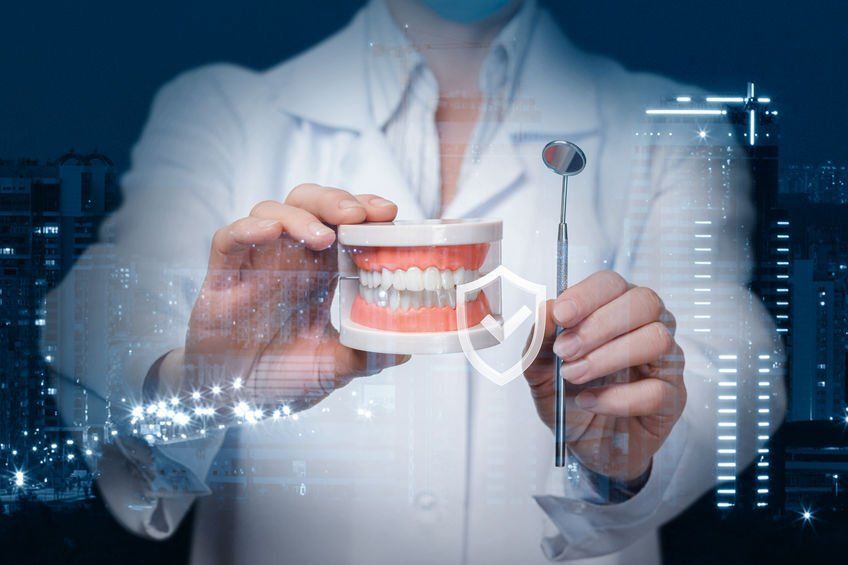5 Dental Care Tips for Seniors
- By Mary Marks
- •
- 08 Apr, 2021
- •

If you take care of your oral hygiene constantly, as you get older, you will keep your teeth and gums healthy even at an advanced age. By caring for your teeth and seeing a Highlands Ranch sedation dentistry professional for care, you are doing your whole body a favor.
Why dental health is important
Dental health is associated with the health of the whole body. Microorganisms that live and grow in the mouth can pass through the body and cause problems. Researches show that germs in our mouths can contribute to worsening conditions, including:
· Coronary heart disease
· Respiratory infections
· Diabetic complications
Dental care tips for seniors
1. Brushing and flossing
After the age of 50, the plaque is much harder to remove. In addition, it accumulates faster. Try not to let the bacterial plaque grow at will. You need to wash your teeth in the morning and before going to bed in the evening. Flossing is also very important and you should do it after every meal.
2. Clean dentures daily
Like teeth, dentures should be cleaned on a daily basis, but not by using toothpaste, as it may cause damage. Instead, use a special fluid for cleaning dentures.
3. Use mouthwash
There is a wide variety of mouthwashes. When choosing a product, opt for an alcohol-free version, as alcohol can lead to the unpleasant dry mouth syndrome.
4. Drink plenty of water
Water helps keeping your mouth clean by washing away and weakening the acids created by microscopic organisms in your mouth.
5. Do not ignore the importance of regular routine checkups!





Although oral sedation dentistry Highlands Ranch is one of the optionsavailable for managing anxiety and discomfort during oral surgery, you certainly do not need to use it all the time. As a matter of fact, the exact type of sedation or anesthesia that you receive during oral procedures may depend on various factors, such as the complexity of the procedure, your medical problems, as well as your doctor’s preferences.
There can be several different levels of sedation that can be used in oral surgery. Local anesthesia is one of them. This involves injecting anesthetic medication into the specific area where the surgery will take place. It numbs the area and is often used for less invasive procedures.
Oral sedation involves taking medication in the form of a pill to induce a state of relaxation and drowsiness. The patient is still conscious, but he/she may not be fully aware of the procedure. At any rate, sedation helps him/her get rid of anxiety.
In the case of intravenous sedation, medication is administered through a vein, which induces a deeper state of sedation than oral sedation. Patients may still be conscious, but they are less aware of their surroundings and may not remember the procedure.





